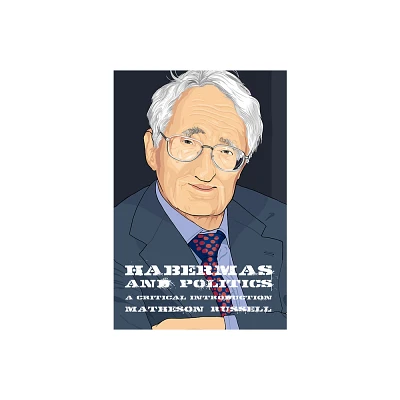Home
Binary Role Theory and the Dynamics of World Politics: Thinking Small
Loading Inventory...
Barnes and Noble
Binary Role Theory and the Dynamics of World Politics: Thinking Small
Current price: $180.00


Barnes and Noble
Binary Role Theory and the Dynamics of World Politics: Thinking Small
Current price: $180.00
Loading Inventory...
Size: Hardcover
*Product Information may vary - to confirm product availability, pricing, and additional information please contact Barnes and Noble
This book develops a binary role theory of world politics extending from the micro-analysis of foreign policy to the macro-analysis of world politics. The effort employs analytical tools outside of role theory to extend role concepts from agents spatially to finitely generated systems and temporally to different phases and sequences of social interaction between pairs of agents as ego and alter. There is an initial emphasis on “thinking small” about the interactions of agents as the building blocks of world politics and then tracing the processes of aggregation that generate the emergence and evolution of larger patterns of international relations over time.
Empirical case studies from different historical eras and geographical regions illustrate the application of binary role theory models to problems of conflict management, alliance formation, diplomatic engagement, and transitions in world order. The analysis employs complex adaptive systems (CAS) analysis to go beyond the study of political science in building bridges to the natural sciences by using concepts and models from the Standard Model in physics and the Modern Synthesis in biology. This book will interest an audience of foreign policy scholars and international relations theorists as well as students of quantum and computational models of world politics.
Empirical case studies from different historical eras and geographical regions illustrate the application of binary role theory models to problems of conflict management, alliance formation, diplomatic engagement, and transitions in world order. The analysis employs complex adaptive systems (CAS) analysis to go beyond the study of political science in building bridges to the natural sciences by using concepts and models from the Standard Model in physics and the Modern Synthesis in biology. This book will interest an audience of foreign policy scholars and international relations theorists as well as students of quantum and computational models of world politics.


















